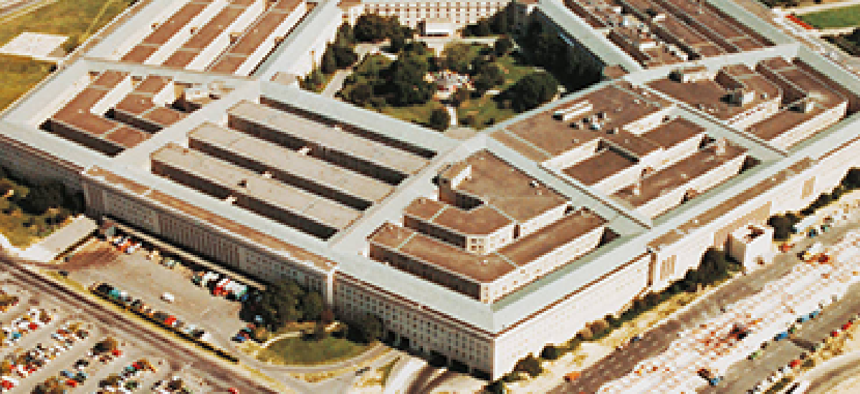Pentagon looks to mature Cyber Command with FY17 budget

The Defense Department fiscal 2017 budget request for cyberspace operations is $6.7 billion, a roughly 16 percent increase from fiscal 2016 enacted level.

The Defense Department's fiscal 2017 base budget request for cyberspace operations is $6.7 billion, an approximately 16 percent increase from the fiscal 2016 enacted level. The requested funding is designed to help the five-year-old U.S. Cyber Command mature in operational readiness, among other strategic priorities.
The fiscal 2017 budget would help staff the Pentagon's 133-team cyber mission force, which officials expect to be fully operational by the end of fiscal 2018. Funding would also go to the Joint Operations Center being erected at Fort Meade for cyber personnel.
Some of the cyber defense money will go toward new technologies to secure "endpoints" (a mobile device, for example) to improve the resiliency of DOD networks, said Richard Hale, the department's deputy CIO for cybersecurity.
"We are going to change our end-point strategy this year," Hale said Feb. 9 at a research conference in Arlington, Va. "We're going to focus on automating a lot of the basic cybersecurity stuff," to free up resources for defending more sophisticated threats, he added.
The Air Force, for example, is looking for a sizable increase in funding for certain R&D programs. The service is asking for $158 million for a program labeled Cyber Operations Technology Development, nearly double the enacted amount ($81.7 million) in fiscal 2016, according to DOD comptroller documents. The Air Force also is asking for $25 million toward R&D on offensive cyber operations, up from the $12.9 million enacted last fiscal year.
Defense Secretary Ash Carter specifically mentioned a focus on hacking tools while previewing the department's budget request Feb. 2.
The broader science and technology budget request includes $45 million toward the Defense Innovation Unit -- Experimental (DIUX) facilities that are central to the Pentagon's outreach to Silicon Valley firms. The Pentagon also is asking for $40 million for In-Q-Tel, the not-for-profit that invests in emerging technologies with intelligence applications. Overall, the DOD's fiscal 2017 request for science and technology is $12.5 billion, down a half billion from the fiscal 2016 enacted level.


